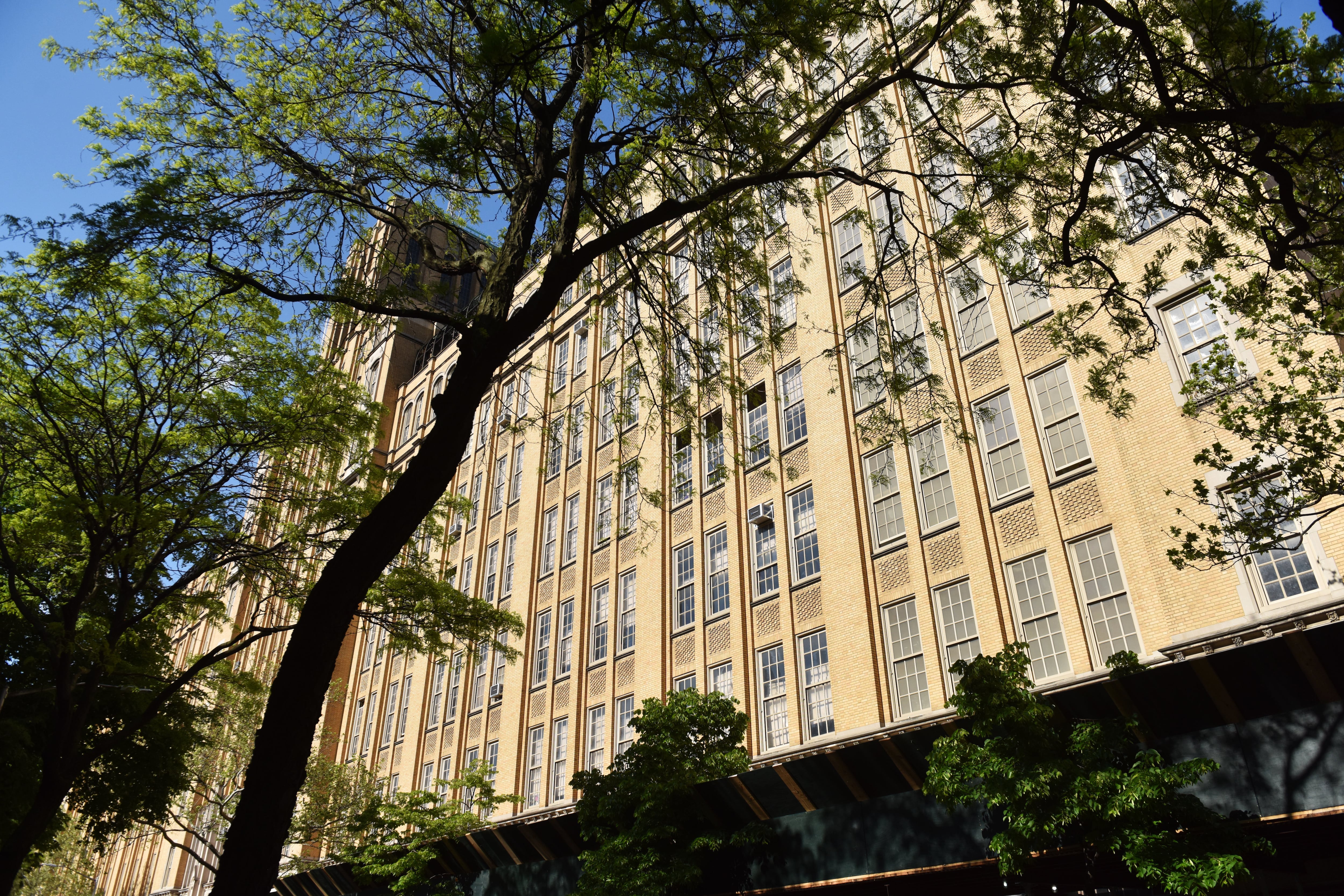Sign up for Chalkbeat New York’s free daily newsletter to keep up with NYC’s public schools.
Manhattan dad Tom Fiorella wanted a public high school that could challenge his child and accommodate learning disabilities. He spent countless hours scouring websites, attending open houses, and emailing parent coordinators in search of answers.
Does the school integrate students with disabilities alongside typically developing children in classes at all grade levels? Is support available for students who could handle advanced coursework but, like his child, also have a language-based learning disability? Would the environment feel welcoming?
“It’s complex – it’s a lot of work,” said Fiorella, whose child began ninth grade this year. “It was hard to get solid information.”
Now, a group of parent advocates is pushing for more high schools to offer open houses specifically geared toward students with disabilities. They’ve sent a flurry of messages to school leaders to persuade them to roll out the information sessions more widely.
That advocacy effort, which began last year, is already starting to bear fruit, said Jenn Choi, a special education advocate who created an email template and encouraged parents to send it to school leaders and superintendents.
The Brooklyn North high school superintendent has required all of the 47 campuses under her supervision to offer special education information sessions. And two other district leaders have been receptive or encouraged principals to offer them, including those who represent Queens North as well as the superintendent responsible for schools that use alternate graduation assessments, international schools serving recently arrived immigrants, and Outward Bound schools, messages sent to parents show.
Open houses are an important way for families to narrow down which 12 high schools to list on their application out of more than 400 options. All families, including those with disabilities, are welcome to attend those sessions. But parents and advocates say the traditional open houses may fill up quickly, gloss over special education, or wind up with little time for families to ask questions about whether the school is prepared to offer the services their child needs.
The city’s online high school directory makes it simple to filter schools by a wide range of categories — from sports teams to uniform requirements. Still, clear information about what types of special education classes are typically offered, what types of therapists are on staff, and even information about school building accessibility for those with mobility issues can be difficult to come by. Officials have improved access to information about physical building accessibility in recent years.
Using the city’s directory, “a parent can find the 30 high schools with girls’ golf teams in NYC in under 8 seconds,” Choi wrote in a guide for school leaders who want to offer special education open houses. If a parent wants to find schools that regularly provide a certain type of special education class, “they will have to pick up the phone and start calling over 500 schools, one school at a time.”
Although some schools have offered special education open houses for years, it’s unclear how common they are. An Education Department spokesperson could not say how many schools offer them now or in recent years.
Choi, who runs a special education consulting business and also navigated the admissions process as a parent of two children with disabilities, said they are relatively rare. Requiring all schools to offer them would help make the high school process friendlier to students with disabilities, she argues. Plus, they can serve an important accountability purpose, as school officials may commit to providing a range of services during the sessions.
“Parents are going to expect that promises are going to be kept,” Choi said. “And that’s how change happens.”
Even as some schools are embracing special education open houses, it can still be tricky to find basic information about them. For some schools, the city’s centralized directory lists whether a school offers such a session. In other cases, that information appears to be missing and individual school websites don’t always list them.
Education Department spokesperson Nicole Brownstein emphasized that “open houses are organized at the school level” and did not indicate whether the city would consider requiring all high schools to offer them. She also did not respond to a question about how families can find out about them given some of the inconsistencies in where they’re posted.
Maggie Moroff, a special education policy expert at Advocates for Children, said she felt torn about special education open houses. In an ideal world, information about specialized services should be woven into traditional sessions, she said, though that can be a challenge.
“You don’t want it to be siloed, but you want to make sure the right attention gets paid” to students with disabilities, Moroff said, adding that in practice she supports more special education open houses.
Specialized open houses can also make it more difficult for schools to hide that they’re not actually set up to support students with a variety of news, advocates said.
“You can have a school that can check off all the right boxes on paper,” Moroff said, “but when a family gets there, the way they are welcomed is quite different. You can glean a lot from that.”
Alex Zimmerman is a reporter for Chalkbeat New York, covering NYC public schools. Contact Alex at azimmerman@chalkbeat.org.







